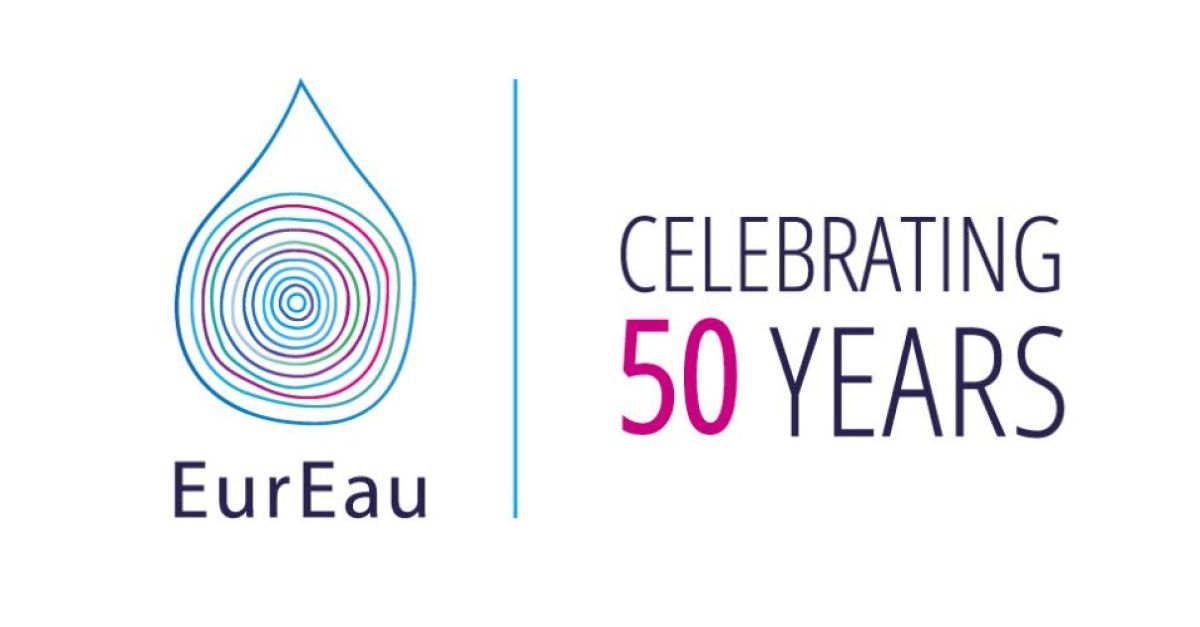
World Water Day: The water beneath our feet
This World Water Day, we celebrate our groundwater. Groundwater is found underground in the cracks and spaces in soil, sand and rock. It can accumulate in aquifers and is used as a source of drinking water. It is estimated that 75% of people in Europe depend on groundwater for their water[1].
Groundwater plays a huge and vital role in both our health and in economic activity. It is at risk of overexploitation. Human activity can impact its quality as well as its quantity, as can climate change, endangering humanity’s supply of fresh, safe drinking water for the future.
Due to its ‘hidden’ and underground nature, pollution prevention, quality monitoring and restoration are even more difficult than for surface waters mostly due to its inaccessibility.
Contamination happens through the infiltration of water through contaminated soils. The most common sources of pollution are nitrates, coming from the excessive use of fertilisers and pesticides in agriculture. Soils can also be contaminated from landfills and hazardous chemicals coming from industrial sites or washed out of the atmosphere. Depending on the mobility and persistency of the substances, the soil characteristics and the depth of the aquifer, these substances can enter groundwater sources over time.
Once contaminated, it is difficult to return groundwater to its original clean state, and this takes a long time. Furthermore, the production of drinking water from a very contaminated source might not be possible, leading to a reduction of the available sources.
Water suppliers must have access to adequate and reliable sources that are protected from contamination. Therefore the sustainable protection of groundwater is essential.
The EU holds the key to achieving this. It is in the process of reviewing two pieces of important legislation in this area; the Sustainable Use of Pesticides Directive (SUD) and the restriction of PFAS and other potentially harmful substances through the REACH (Registration, Evaluation, Authorisation and Restriction of Chemicals) Regulation.
The SUD is supported at EU level by two strategies: The Farm to Fork Strategy is at the heart of the , aiming to make food systems fair, healthy and environmentally friendly. It also has two pesticide reduction targets: a 50% reduction in the use and risk of chemical pesticides and a 50% reduction in the use of more hazardous pesticides. The Zero Pollution Action Plan (ZPAP) intends to achieve no pollution from “all sources”, cleaning the air, water and soil by 2050.
The REACH Regulation addresses the production and use of chemical substances and their potential impacts on both human health and the environment.
Given their persistence, REACH should be used to rapidly phase out all uses of PFAS. Already today, we find a cocktail of different PFAS in most of our aquifers, and this in very different concentrations. Depending on the local situation, drinking water suppliers may have to take expensive and resource-intensive measures to guarantee the quality of our drinking water. The REACH restriction initiated by five Member States must lead to zero PFAS emissions into the environment.
The European Commission and Member States must do more to better protect our groundwater sources so that these can continue to be used as reliable and safe reservoirs for society’s drinking water needs.
They can do this in a number of ways. Efficient and effective legislation and environmental awareness are needed to prevent deterioration and improve the resource quality of groundwater, where needed.
The structures are already in place. We have tools across the EU that protect our water environment, such as the Control-at-Source Principle that is set out in the EU treaties. This principle, together with the Polluter Pays Principle and the Precautionary Principle, need to be implemented, with effective protection zones around sources where appropriate.
This World Water Day we are calling on the EU institutions to act to protect our groundwater from environmental threats through the effective use and implementation of the tools it has to do so. We need to work together to sustainably manage this precious resource.
water, control at source, europe, polluter pays principle, european commission, WWD, world water day, soil, protection, contamination
- Created on .